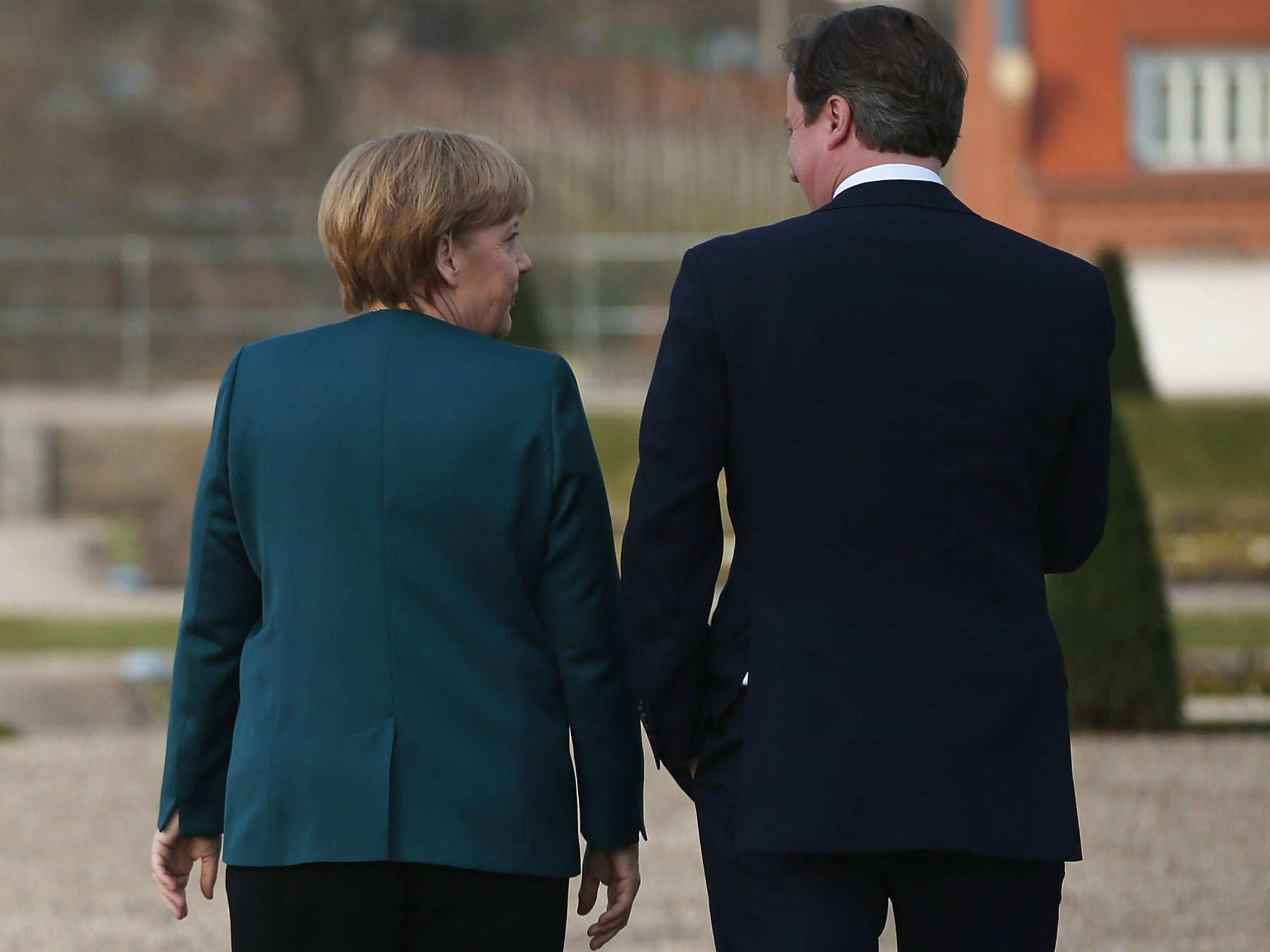Offer voters the EU pizza and they'll spit it out
Trying to work out what the public doesn't like about the European Union is hard


In Logical Journey of the Zoombinis, a children's computer game for teaching maths, there is one level called the "Pizza Pass". You have to cook a pizza for three trolls, who usually spit it out, saying: "There's something on there that I don't like!" You keep trying different ingredients, until you find the combination that satisfies all the trolls, who are then so busy eating they let your troop of Zoombinis go past to safety.
That is what it is like trying to understand public attitudes to the European Union. Offer the average voter the EU, and he or she will spit it out and say: "There's something on there that I don't like!" But trying to work out what it is that he or she doesn't like is hard.
Hard, but important. If the thing that people don't like about the EU is the free movement of workers, which has been in the Treaty of Rome from the start, it seems unlikely that David Cameron could negotiate an opt-out. But if it is more of a feeling that too many of our laws are made in Brussels, it may be possible to come to some agreement with Angela Merkel that could be presented as a diplomatic triumph back home.
Our ComRes poll is a bit like a secret recipe book for the Pizza Pass. At first glance, it seems to be bad news for Cameron. Support for the UK Independence Party is at a record 19 per cent: the more the Tories obsess about Europe, the better Nigel Farage does, the worse Cameron does, and the more the Tories are seen as divided. In our poll, 57 per cent say they are now more divided than in John Major's time.
At second glance, though, the findings are ambiguous. The British voter is capable of believing contradictory things, and of giving opinion pollsters answers that don't strictly make sense. I remember our poll about the photographs of the topless Duchess of Cambridge, which found that 6 per cent said they "don't know" if they had seen them on the internet.
In this case, Ed Miliband has overtaken Cameron for the first time as being "good" at his job, but trails by 24 to 32 per cent when people are asked who would make the best prime minister.
People also tend to disagree that Miliband is "likely to be prime minister after the next election". The Labour share of the vote in this poll, 35 per cent, is lower than any recorded by ComRes since October 2010, and Labour's lead is only six points – and yet that is still enough for a majority of more than 70 in Parliament.
At third glance, however, this poll is encouraging for the Prime Minister. I draw your attention to two findings in particular: while more people than before say they would vote to leave the EU in a referendum – 46 per cent, against 24 per cent who would not – we also asked how people would vote "if some EU powers are restored to the UK". The numbers were nearly reversed: 43 per cent said they would vote to stay in the EU, and 24 per cent said they would not. Cameron's negotiate-and-stay-in policy could be a winner.
The other important finding emerges if we look more closely at Ukip supporters. When asked who, of Cameron, Miliband and Nick Clegg would be the best prime minister, 29 per cent of them said Cameron and only 6 per cent Miliband.
Clegg is on 3 per cent and most, 62 per cent, said they don't know, which in this case probably means that they don't like any of them. But that means a net 23 per cent prefer Cameron to Miliband, which is the realistic choice at the next election.
So about a quarter of Ukip supporters could be persuaded to vote Tory if they thought a vote for Ukip might put Miliband in Downing Street. If that happened, Labour's lead would virtually disappear and the election would be wide open.
And that is before we imagine the effect of a presidential election campaign, pitting Cameron against Miliband. To try to get a better idea we need, in addition to opinion polls, focus group research that looks at how voters respond when they see more of Miliband than they are used to. I've seen some confidential reports of recent groups carried out for a political party, and they say it is still "difficult to test Miliband's message and arguments" because focus groups are so dismissive of him. He has become better known, however. Where groups used to describe him as "weird", they now tend to call him "weak".
The report also says: "In most focus groups now people also spontaneously make the point that he wants to borrow more." This is seen as a sign of a "lack of seriousness and absence of the steeliness to take difficult decisions". The groups, perhaps surprisingly, resist the Tory argument that Labour are to blame for the country's economic problems, but a phrase that has cropped up recently is: "He'd take us back to square one." Ouch.
Reading public opinion is not as simple as feeding pizza trolls. That is simply a matter of finding out what they want and giving it to them. Public opinion is different, because it is about judging how what it is that people appear to want might change.

Join our commenting forum
Join thought-provoking conversations, follow other Independent readers and see their replies